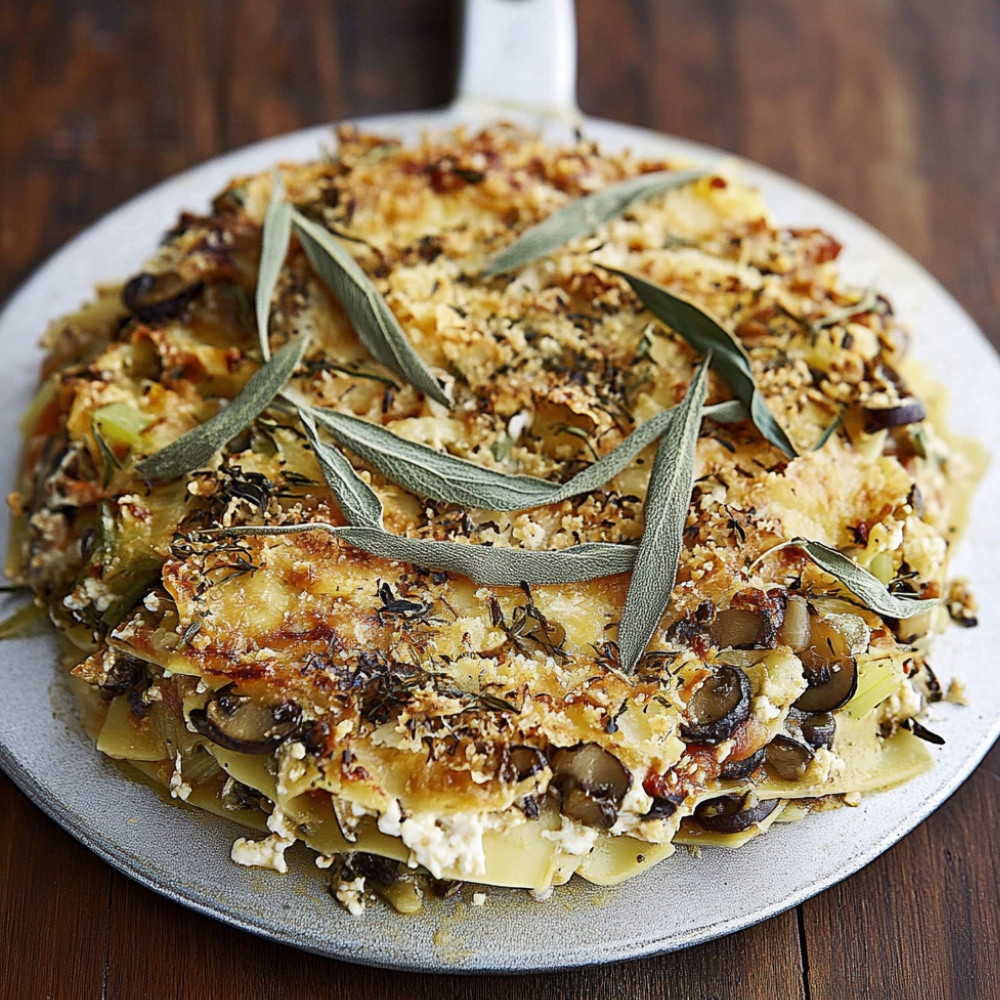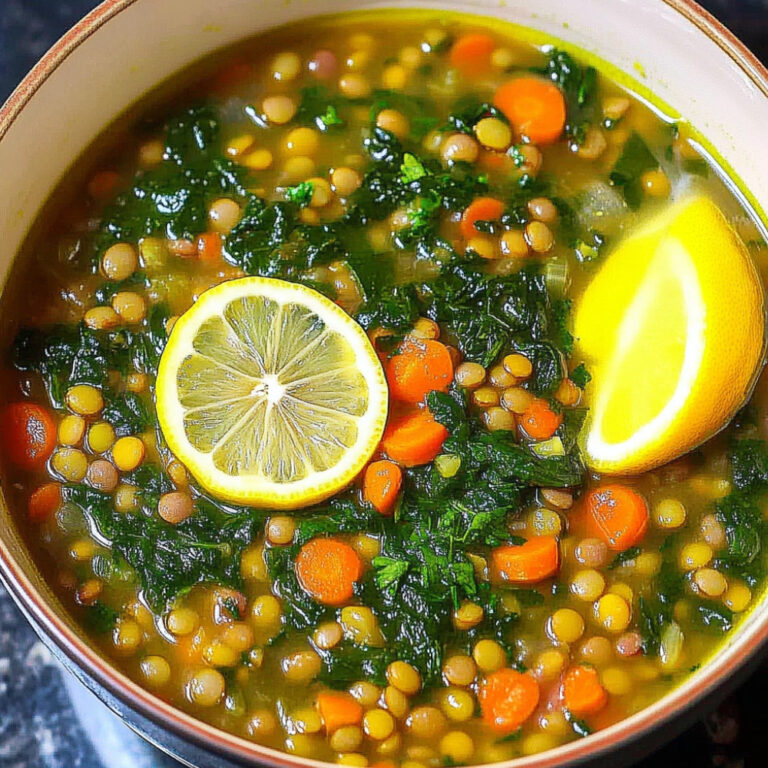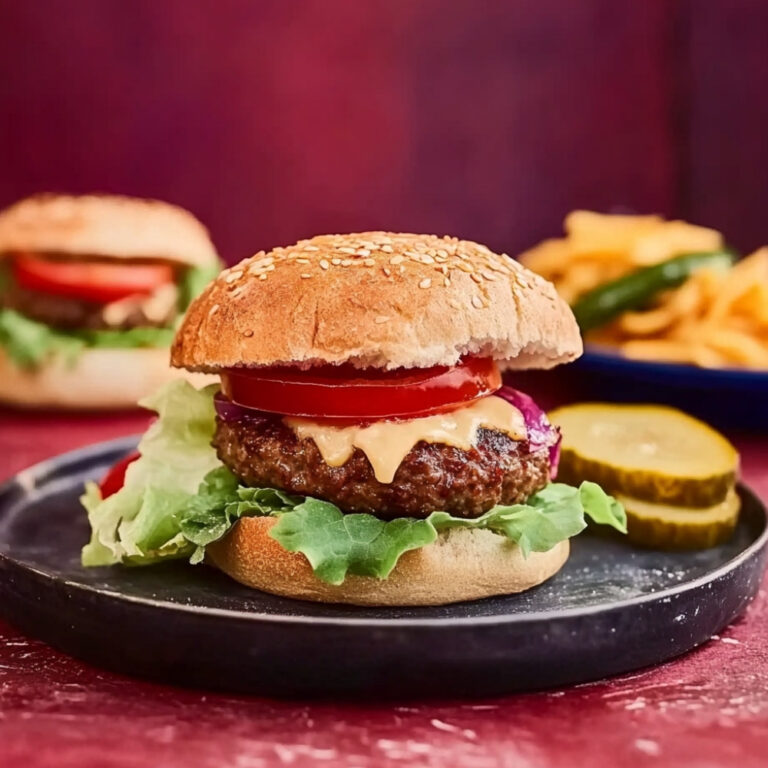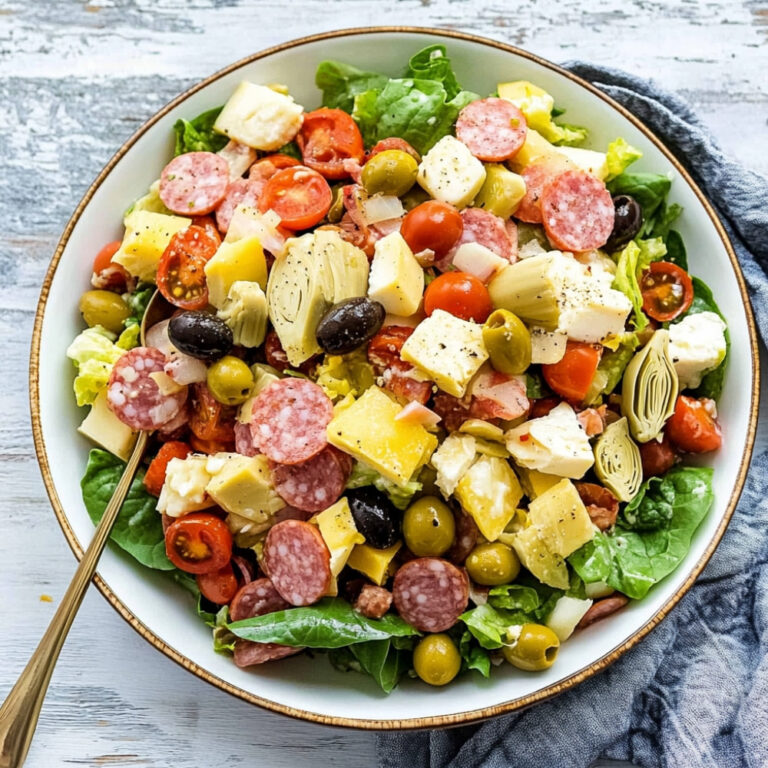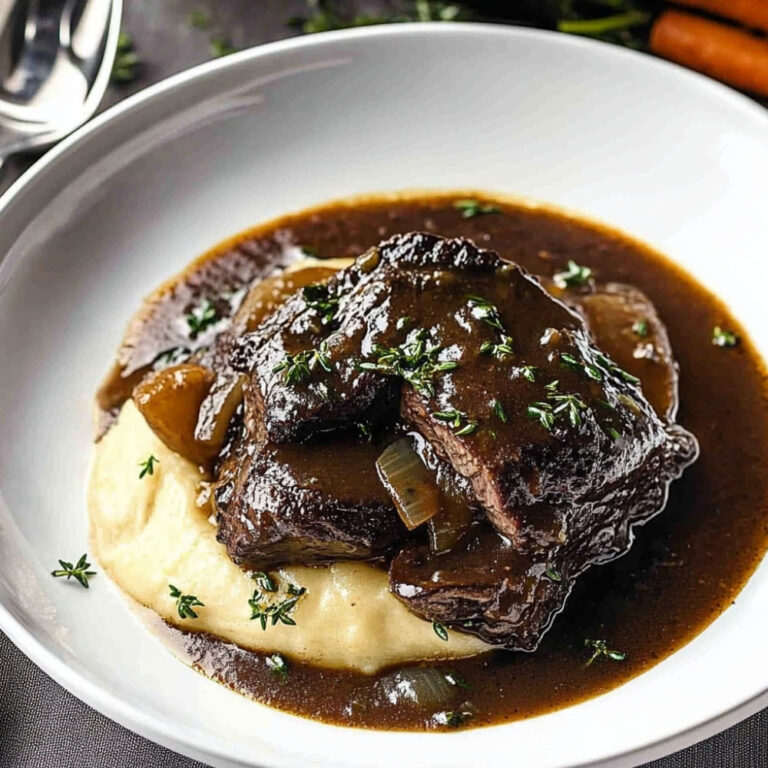Ultimate Veggie Lasagne That Will Impress Everyone!
Ah, veggie lasagne! It’s one of those dishes that just feels like a hug in a casserole dish, you know? The warmth of layered pasta, vibrant veggies, and ooey-gooey cheese—every bite is just… comforting. I remember my first attempt at making this Ultimate Veggie Lasagne; it was quite the adventure, with sauce splattered all over the counter and cheese sticking everywhere. But oh wow, when it came out of the oven, the golden top just made my heart flutter. If you’re looking for something that’s not only delicious but also healthy, this is totally your go-to recipe.
Why You’ll Crave It
- Loaded with colorful veggies, it’s like you’re eating a rainbow, seriously.
- The layers of cheese… they melt in your mouth, leaving you wanting more.
- Perfect for sharing—friends and family will fight over the last piece, trust me.
- It’s versatile! Swap out any veggies you like, or even add some meat if you’re feeling it.
- It’s a go-to for meal prep—tastes just as good (if not better) the next day!
My family fights over the last piece of this lasagne every single time. It’s a real treat!
What You’ll Need
- Olive oil: 2 tablespoons, just enough to get everything nicely sautéed.
- Onion: 1 large, chopped, so it fills your kitchen with that sweet aroma.
- Carrot: 2 medium, diced, for some natural sweetness and crunch.
- Celery: 2 sticks, diced, adding that fresh crunch—so good!
- Garlic: 2 cloves, minced, because garlic makes everything better.
- Courgettes: 2 medium, diced, also known as zucchini, adding special texture and flavor.
- Bell peppers: 2, chopped—grab any colors you love!
- Spinach: 200g, fresh, a handful or two, for that vibrant green boost.
- Cherry tomatoes: 400g, halved, perfect for a juicy punch in every bite.
- Tomato purée: 2 tablespoons, just to enhance that tomato flavor—it’s like magic.
- Dried oregano: 1 teaspoon, for those Italian vibes.
- Salt and black pepper: to taste, keep it simple and season well!
- Butter: 60g, for the creamy cheese sauce—you can’t go wrong!
- All-purpose flour: 60g, helping to make that dreamy béchamel sauce.
- Milk: 1 liter, nice and creamy to tie everything together.
- Cheddar cheese: 200g, grated, because it melts like a dream.
- Ricotta cheese: 250g, the creamy counterpart we all adore.
- Nutmeg: just a pinch, it adds a little something special.
- Lasagne sheets: 12 sheets, fresh or dried, whatever you prefer!
- Mozzarella cheese: 250g, grated, for that gooey topping we all crave.
- Fresh basil: a handful, to garnish—it makes everything look fancy!
Easy How-To
Cook Those Veggies
Alright, first off, wash and chop those veggies! You can go wild here, slicing them however you like, but just keep them small—uniform pieces help them cook evenly, which is key. Then, grab a large pan, toss in some olive oil, and let it heat up a bit. Once it’s nice and warm, add the onion, carrot, and celery. You want to let them cook for about 5 minutes… just until they start to soften. It’s such a nice aroma, right? Then, toss in your zucchini and bell peppers, mixing them around for another 5 minutes, just to get them tender. Add in your minced garlic with those herbs and stir for just 1-2 minutes until everything is aromatic… oh, the smell is amazing!
Good to Know
- If you have any leftover roasted veggies, throw them in! It just makes it better.
- Make sure to let your lasagne rest after baking; it helps the layers hold together when serving.
- And, don’t worry if you don’t have all the exact ingredients on hand—substitutions are totally okay!
Serving Ideas
- Serve it up warm, garnished with fresh basil, and maybe a side salad for a refreshing crunch.
Top Tricks
- If you want a little extra flavor, try adding some red pepper flakes to the veggie mix for a nice kick!
Frequently Asked Questions
Can I use gluten-free pasta for this lasagne?
Yes, absolutely! Just keep an eye on those cooking times as gluten-free pasta can vary—it might need a little extra love!
How long can I store leftover lasagne?
Leftover lasagne can hang out in your fridge for up to 3-5 days. If you want to keep it longer, just pop it in the freezer!
Can I add meat to this vegetable lasagne?
For sure! You can toss in some ground beef or turkey into the veggie mix, and it’ll still be fabulous!
What can I substitute for béchamel sauce?
You could use ricotta mixed with an egg, or even a vegan option like blended silken tofu for those who need it dairy-free!
Can I make this lasagne in advance?
Absolutely, you can prep it a day ahead! Just store it in the fridge, then bake it when you’re ready for that melty goodness.
—
So that’s it! This Ultimate Veggie Lasagne is such a treat, and it really does impress everyone at the table. Whether it’s a casual dinner or something a bit fancier, this recipe is your ticket to a happy tummy and a cozy moment. Happy cooking!

